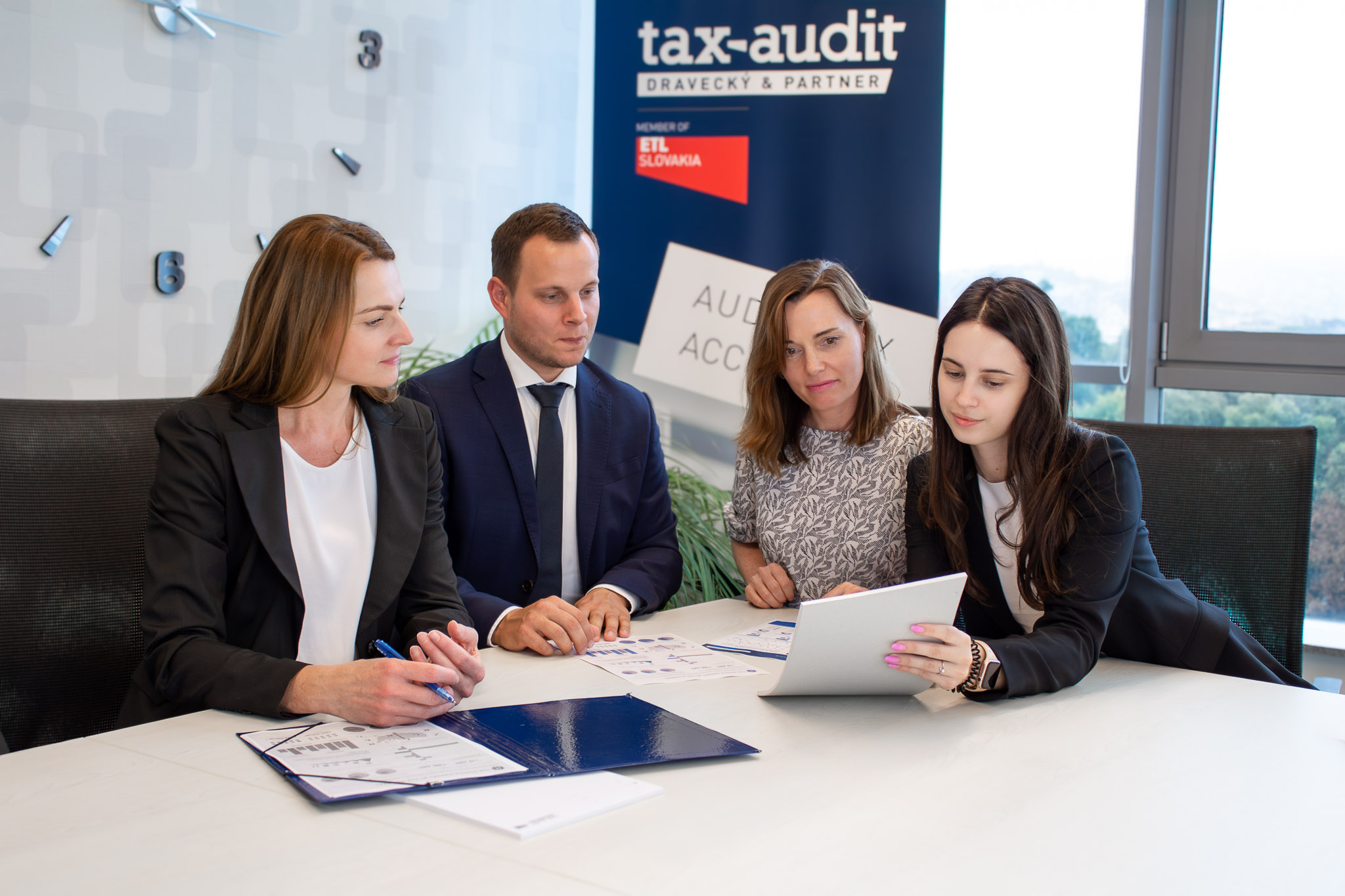If you are an entrepreneur and have not yet reached a turnover of €49,790 in the past 12 months, you may be wondering if it is worth voluntarily registering for Value Added Tax (VAT). While VAT registration is not mandatory if you do not exceed this threshold, in some cases, it may be advantageous for your business.
Why is voluntary registration worthwhile?
1. Increased credibility and prestige of your company
Registering as a VAT payer can enhance your credibility in the eyes of business partners and customers, as many larger companies prefer to deal with VAT-registered entities.
2. Ability to deduct input VAT
As a VAT payer, you are entitled to deduct VAT on purchases related to your business activities. This means that if you buy goods or services from other VAT payers, you can deduct this tax, reducing your costs.
3. Improved trade relations with international partners
If you plan to trade internationally, VAT registration opens doors to simpler transactions within the European Union. Specific rules exist within the EU for trade between VAT payers, allowing you to avoid unnecessary tax complications and simplify invoicing.
What if you haven’t started your business yet?
You can apply for VAT registration even if you have not yet carried out any taxable transactions but have a clear plan to start. If you are a new business preparing to launch, and you know you will need to be VAT registered, it is better to register immediately. However, the tax office will want to see that you are serious – meaning you have concrete plans and are actively preparing for business (e.g., investing in preparations, premises, or equipment).
What information will you need?
To demonstrate your readiness to start a business, you will need to provide the tax office with several details:
- Where you will conduct business (address and premises),
- Business plan,
- Whether you plan to have employees,
- Your potential business partners,
- Your expected turnover.
The tax office may verify this information, and if something does not align, they may ask for additional details. If you cannot prove that you are ready to do business and qualify as a "taxable person," your application for registration may be rejected.
How long does it take?
The tax office has 21 days to process your application from the date it is received. This deadline applies whether you are applying for mandatory registration (after reaching the turnover threshold) or voluntary registration.
We can help you
If you are unsure whether voluntary VAT registration is beneficial for you or have questions about the correct procedure, feel free to contact us. We will gladly assist you with the entire registration process and ensure everything proceeds smoothly and without complications. Properly timed VAT registration can also save you money.
Be the first to know about the latest information from the world of taxation, accounting and auditing.














































